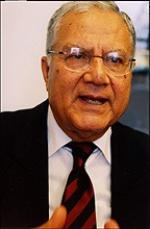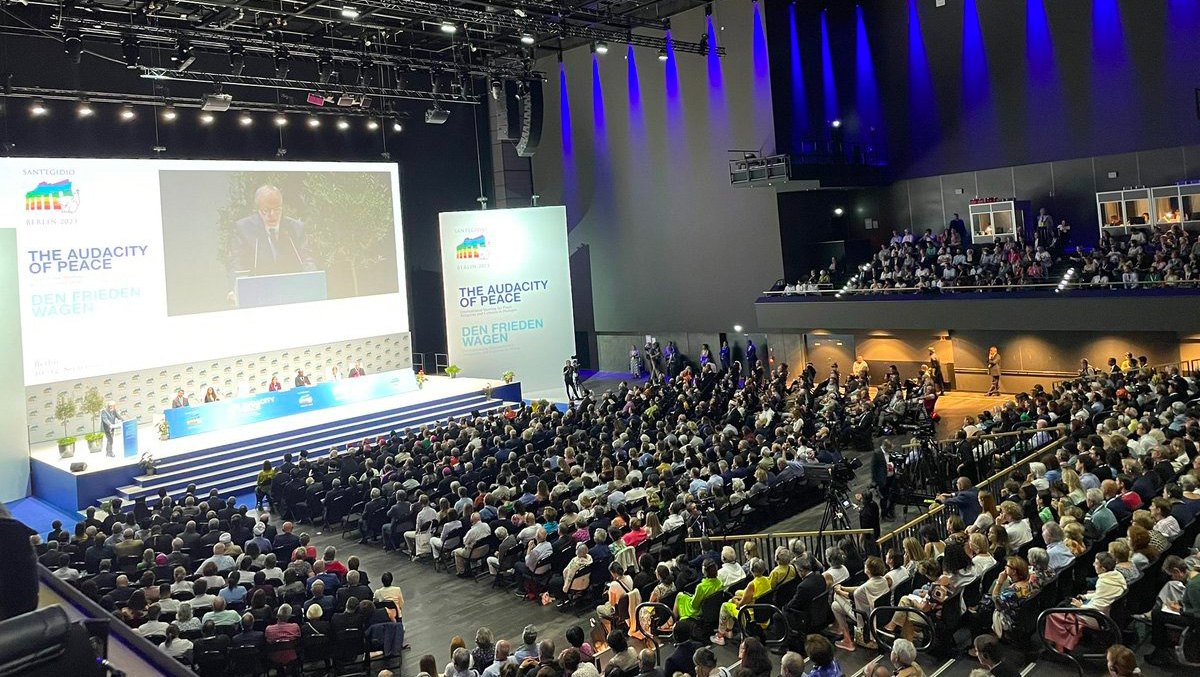
No matter how smart or educated we are, what we don’t know far surpasses anything we may know. Socrates taught us the virtue of recognizing our limitations. Wisdom, he said, requires possessing a type of humility manifested in an awareness of one’s own ignorance. Since then, the value of being aware of our ignorance has been a recurring theme in western thought: Rene Descartes said it’s necessary to doubt all things to build a solid foundation for science; and Ludwig Wittgenstein, reflecting on the limits of language, said that “the difficulty in philosophy is to say no more than we know”.
Knowledge requires full-blown certainty. But even when evidence is over whelming, it is not 100 percent. We know lots of things with much lower probability.
Skeptical pressure cases often involve focusing on the possibility of error. Once we start worrying and ruminating about this possibility, no matter how far-fetched, something in our brain causes us to doubt.
To feildmice , rabbits and voles, every shadow overhead is a hawk until proved otherwise, condemning them to lives of needless panic. So is humanity vis-à-vis humanity.
In 1945, the USA sent a message to Japan asking her to surrender. The Japanese government in using the Japanese language to answer, used the word “mokusatsu”.
The word has more than one meaning:
a- To treat with silence.
b- No comment.
The misinterpretation lead to the fall of the walls, in Hiroshima then in Nagasaki.
In 1962, another misinterpretation almost lend to the fall of the walls in Cuba. The captain of a Soviet submarine (B-59) Valentine Sovitsky was under pressure to withdraw; but he thought the war started and gave his orders to fire an atomic missile. But the American commander of the destroyer “Cony” gave a sign of apology to correct the misinterpretation. The sign was seen by the Soviet commander V. Arkhipove, who stopped the lunch of the Atomic missile, seconds before.
It was a miracle that the walls did not fall...
But miracles do not happen always. Humanity will be very lucky if it doesn’t happen in Ukraine or in Taiwan, or maybe in some place in Africa, where walls are shaking... and falling...
As the Surakarta Message (November 2022) stated:
“We are living today in a situation where humanity is in constant crises. Conflicts and wars remain. And event escalates, in different part of the world. Latent violence compounded with new emerging situation has led to an aggravated political confrontation among super powers with each of their allies. Conflict and war have caused destruction of ecological structure, suffering among people, especially those who become displaced from their homelands and deprived from their basic necessities. Conflict and wars are threatening human lives and world civilization.
Modern civilization has been determined by global political and economic contestation that undermines the noble values of humanity. This situation leads to disintegration, global disorder, uncertainty, injustice, discrimination, and many different forms of violence. This situation definitely brings about suffering of the people and deterioration of the quality of lives, such as poverty, hunger, and decease. Millions of people around the world are living in a critical condition due to the lack of security and provision.
In the light of these crises, human fraternity is unquestionably needed. To strengthen the global human fraternity, it is very essential to promote the humanity spirit by developing the culture of dialogue and cooperation, and rediscovering the values of peace, justice, tolerance and co-existence. Essentially, human fraternity is theologically and ethically ingrained in the teaching of world religions that emphasizes that the universe is created by God and that all human beings are created equal on account of His/her mercy.
Human fraternity will be generating a powerful force for human conscience in establishing a peaceful, just, and prosperous world.”
Major power shifts define eras in which key political leaders are likely to make serious foreign policy mistakes. Indeed, poor management of international relations at critical junctures has often led to major wars.
Rising powers tend to demand a greater role in international politics, declining powers tend to be reluctant to adjust and key policy makers are likely to misunderstand the intentions of other countries’ leaders and over-react to their actions.
Historically rising powers tend to become too confident too soon, leading them to behave imprudently, which frightens their neighbors. For example, Kaiser Wilhelm II dismissed Otto von Bismarck as chancellor in 1890, less than 20 years after the formation of the Second Reich, and began to destroy Bismarck’s carefully crafted alliance network. His rough diplomacy frightened France, Britain and Russia, making it easier for them to unite against Germany.
There is much to learn from the diplomatic failures that led to World War I. A new history by Christopher Clark, of the diplomatic prelude to that war is called, fittingly, “the Sleepwalkers”. The question for the U.S, European, Russian, Chinese and East Asia’s leaders today is whether they will wake up and develop effective multilateral mechanisms for security cooperation before doing themselves and humanity at large serious harm.
After all, there is nothing sacred in any war, nothing glorious, just meaningless slaughter. Realizing this fact is the main gate to the Audacity of Peace.
